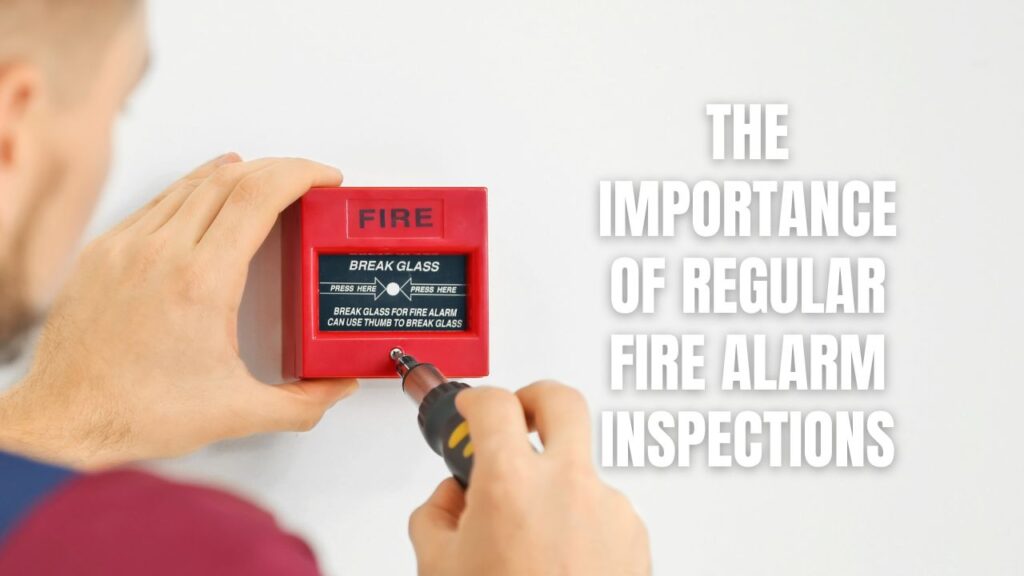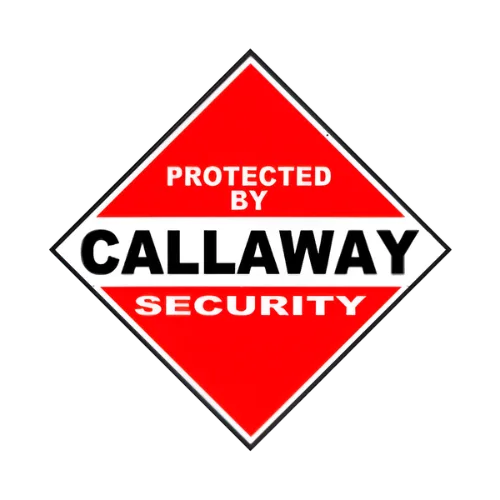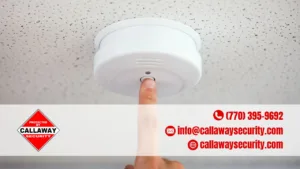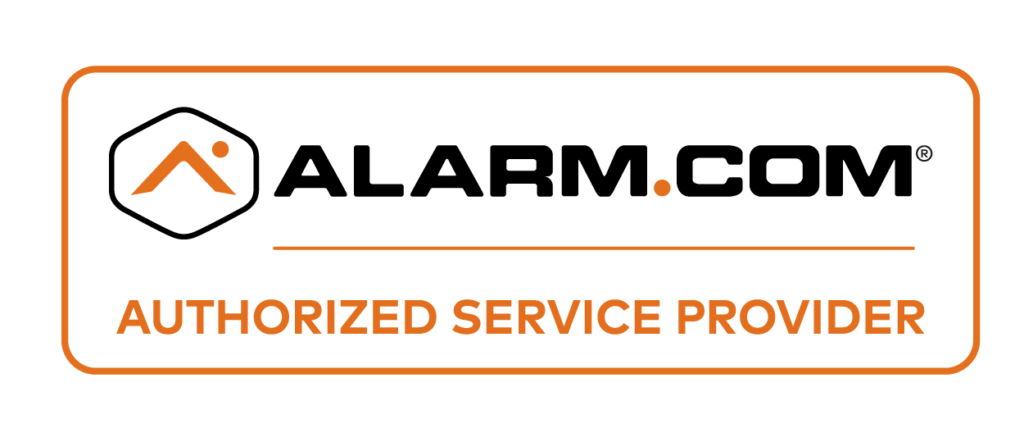In the realm of fire safety, the terms “Fire Alarm System” and “Fire Alarm Inspection” stand as pillars of proactive measures to protect lives and property. Fire alarms are indispensable devices and their reliability hinges on systematic inspections. In this comprehensive guide, we delve into the significance of routine fire alarm inspections, exploring the inspection process, compliance requirements, and the vital role technicians play in maintaining a reliable fire protection system.
Why Regular Inspections Matter
1. Ensuring Alarm Functionality
Regular inspections and tests are paramount to guaranteeing that fire alarms function as intended. The alarm inspection process involves a thorough examination of each component, from smoke detectors to strobe lights. Technicians assess the system’s integrity, ensuring that all parts are operational and capable of providing timely alerts.
2. Meeting Compliance Requirements
Fire safety codes and regulations mandate regular fire alarm inspections. These inspections are not just a suggestion but a legal requirement to maintain compliance with the National Fire Protection Association (NFPA) standards and local fire codes. Failure to adhere to these regulations can result in penalties and, more importantly, jeopardize the safety of occupants.
3. Early Detection of Issues
Routine inspections allow for the early detection of potential issues. Whether it’s a malfunctioning smoke detector or a faulty alarm control panel, identifying and addressing problems promptly is crucial. This proactive approach minimizes the risk of false alarms, ensuring that the system remains reliable and ready to respond when needed.
The Inspection Process
1. Scheduling Inspections
The first step in maintaining a reliable fire alarm system is establishing a regular inspection schedule. Adhering to the NFPA’s guidelines, inspections are typically conducted annually. However, some systems may require more frequent checks, depending on factors such as the type of occupancy and the system’s age.
2. The Role of Inspectors and Technicians
Qualified inspectors and technicians play a pivotal role in the fire alarm inspection process. Inspectors, often licensed professionals, follow a systematic approach to assess every component. They verify that smoke detectors are responsive, strobe lights are visible, and the control panel is functioning correctly.
3. Battery and Detector Checks
Inspectors pay special attention to essential components like batteries and smoke detectors. Batteries are tested to ensure they have sufficient power to operate during an emergency. Meanwhile, smoke detectors undergo sensitivity tests to guarantee they can detect smoke particles effectively.
4. Upgrading Systems
As technology advances, so do fire protection systems. Regular inspections provide an opportunity to assess the need for system upgrades. This may include incorporating the latest detection mechanisms or enhancing the overall efficiency of the alarm system.
Compliance with Fire Codes
1. National Fire Protection Association (NFPA)
The NFPA sets the standard for fire safety across various industries. Regular fire alarm inspections and tests are a fundamental requirement outlined in NFPA 72, the National Fire Alarm and Signaling Code. Following these guidelines ensures that fire alarm systems meet the highest standards of safety and reliability.
2. Local Fire Department Regulations
In addition to national standards, local fire departments often have specific regulations regarding fire alarm systems. Regular inspections demonstrate a commitment to upholding these local requirements, fostering a cooperative relationship with the local fire department.
3. The Role of AHJs
AHJs, or Authorities Having Jurisdiction, are responsible for enforcing fire safety codes. Compliance with their regulations is essential to ensure the legal operation of a fire protection system. Routine inspections not only satisfy AHJ requirements but also contribute to the overall safety of the building and its occupants.
The Technician’s Role in Fire Safety
1. Licensing and Certification
Qualified technicians possess the necessary licenses and certifications to perform fire alarm inspections. These credentials ensure that the individual has received proper training and has the expertise to assess and maintain complex fire protection systems.
2. Thorough Inspections and Testing
Technicians conduct thorough inspections and tests to ensure the reliability of the fire alarm system. This includes checking not only the main components but also examining interconnected systems, such as sprinklers and carbon monoxide detectors, to create a comprehensive safety net.
3. Emergency Repairs and Upgrades
In cases where issues are identified during inspections, technicians are equipped to make emergency repairs. Additionally, they provide recommendations for system upgrades to enhance the overall performance and compliance of the fire protection system.
Customer Service and Beyond
1. Comprehensive Customer Support
Fire alarm service providers go beyond routine inspections. They offer comprehensive customer service, guiding clients through the entire process. From scheduling inspections to addressing concerns and providing system upgrades, a reliable service provider ensures a seamless experience for building owners and occupants.
2. 10-Year Seal and Long-Term Reliability
After a thorough inspection, technicians often provide a 10-year seal for the system. This seal signifies that the fire protection system has been inspected and tested in compliance with all relevant codes and standards. It offers peace of mind, assuring building occupants of the system’s long-term reliability.
Conclusion
In conclusion, regular fire alarm inspections are not just a regulatory requirement; they are a critical aspect of maintaining a safe and secure environment. From ensuring alarm functionality to meeting compliance standards, these inspections play a vital role in safeguarding lives and property. By understanding the importance of routine inspections, building owners can contribute to a safer community, foster positive relationships with local fire departments, and ultimately save lives in the event of a fire.
For more information on fire alarm inspections and to schedule your next inspection, please contact Callaway Security™. Our licensed technicians and electricians are ready to assist you in ensuring the ongoing reliability and compliance of your fire protection system.












